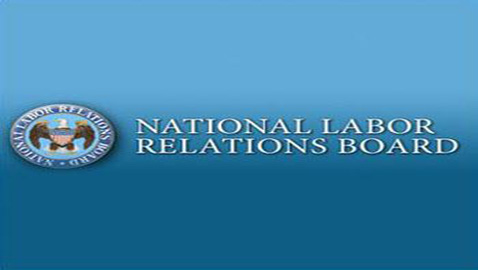NLRB Give Employees More Room To Gossip: Makes Workplace Investigations Open To Public Discussion
Post Views 4
It began with the social media polices, followed by the at-will doctrine and now they say that workplace investigations should be open to public discussion and scrutiny.
This new ruling is the consequence of a recent NLRB ruling, that a medical facility transgressed labor law, when a staffer from the Human Resource department, asked an employee involved in an internal enquiry, not to discuss the case with colleagues and other people.
Eric Stevens an attorney at Littler Mendelson in Nashville, said “I think the biggest takeaway is that (this is) another warning, if you will, to employers that the NLRB is becoming much more active in what was traditionally an area of employment where they were not that active.”
This is what is alleged to have happened at the medical facility. Following the breakdown of the hospital’s steam system, the supervisor ordered a medical technician James Navarro to sterilize surgical instruments with hot water from a coffee machine.
Navarro disobeyed orders, claiming that was not the right thing to do and that it could jeopardize patients’ lives. Following investigations by the hospital’s HR department, Navarro was found guilty of insubordination and he was accordingly disciplined.
Navarro filed an unfair labor practice charge against the hospital, alleging the HR representative, JoAnn Odell, asked him not to discuss the investigation with his co-workers.
He however, admitted that he wasn’t threatened with any consequences if he did not abide by the request of keeping the investigations to himself and not revealing them to others, but said that it violated his right to discuss workplace conditions with other workers.
The facility however, says that this was standard procedure and imperative to maintain the “integrity” of the inquiry. Odell testified that she did not always ask the employees to keep the investigations secret, but admitted that she “frequently” did so.
An administrative law judge was in consonance with the employer’s viewpoint but the board overruled the administrative law judge’s decision, saying that the “company’s blanket approach to the issue was overbroad.”
The board said that asking employees not to discuss workplace issues that are protected under the National Labor Relations Act was a form of coercion that prevented employees from doing so.
However, the board said that there were a few circumstances that warranted anonymity and in those case employees could be stopped from entering into a discussion regarding an investigation. This, they said could be done, when a witness needed protection or when there was danger of information being fabricated.
As an alternative, the board ruled, the employer should have examined each complaint on a case-by-case basis to “determine whether in any given investigation witnesses needed protection, evidence was in danger of being fabricated, or there was a need to prevent a cover-up.”
Employers will be well advised not to punish their employees who talk too much with their co-workers – NLRB is watching.
NLRB Give Employees More Room To Gossip: Makes Workplace Investigations Open To Public Discussion by Harrison Barnes


 The Most Popular 20 Employer Articles for Gig in 2015
The Most Popular 20 Employer Articles for Gig in 2015  Want to Attract Top Talent to Your Company? Have a Purpose
Want to Attract Top Talent to Your Company? Have a Purpose  Top 10 Most Popular Granted Employer Articles of 2017
Top 10 Most Popular Granted Employer Articles of 2017  Is Music in the Office Appropriate?
Is Music in the Office Appropriate?  Top Trends in Human Resources
Top Trends in Human Resources  Is It Legal to Refuse to Hire Smokers?
Is It Legal to Refuse to Hire Smokers?  What’s Lacking in the Work Place
What’s Lacking in the Work Place  How to Deal with Negative Employees
How to Deal with Negative Employees